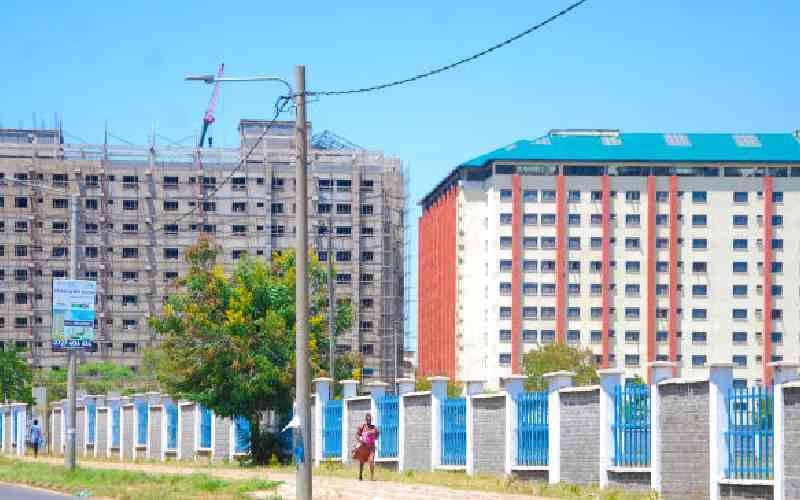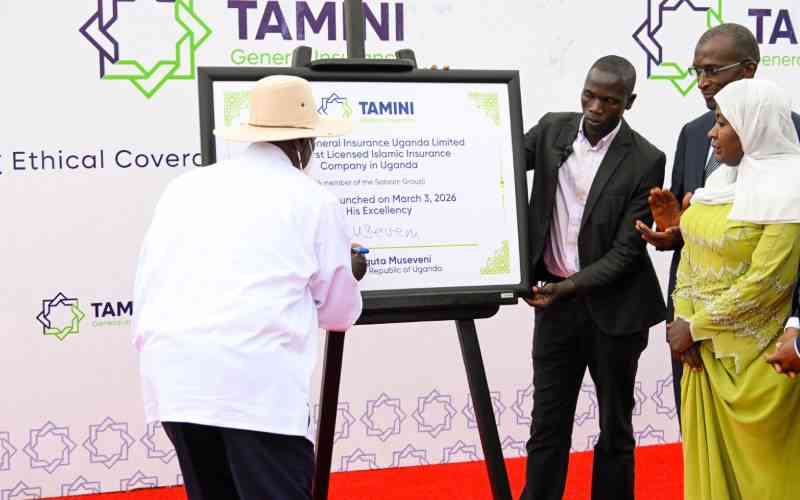×
The Standard e-Paper
Join Thousands Daily

Majority of the children who find their way to the Nairobi Children’s Rescue Centre are boys.
The government-run home for children who are lost, abandoned or neglected, orphans and children whose mothers are in prison receive more boys than girls.







